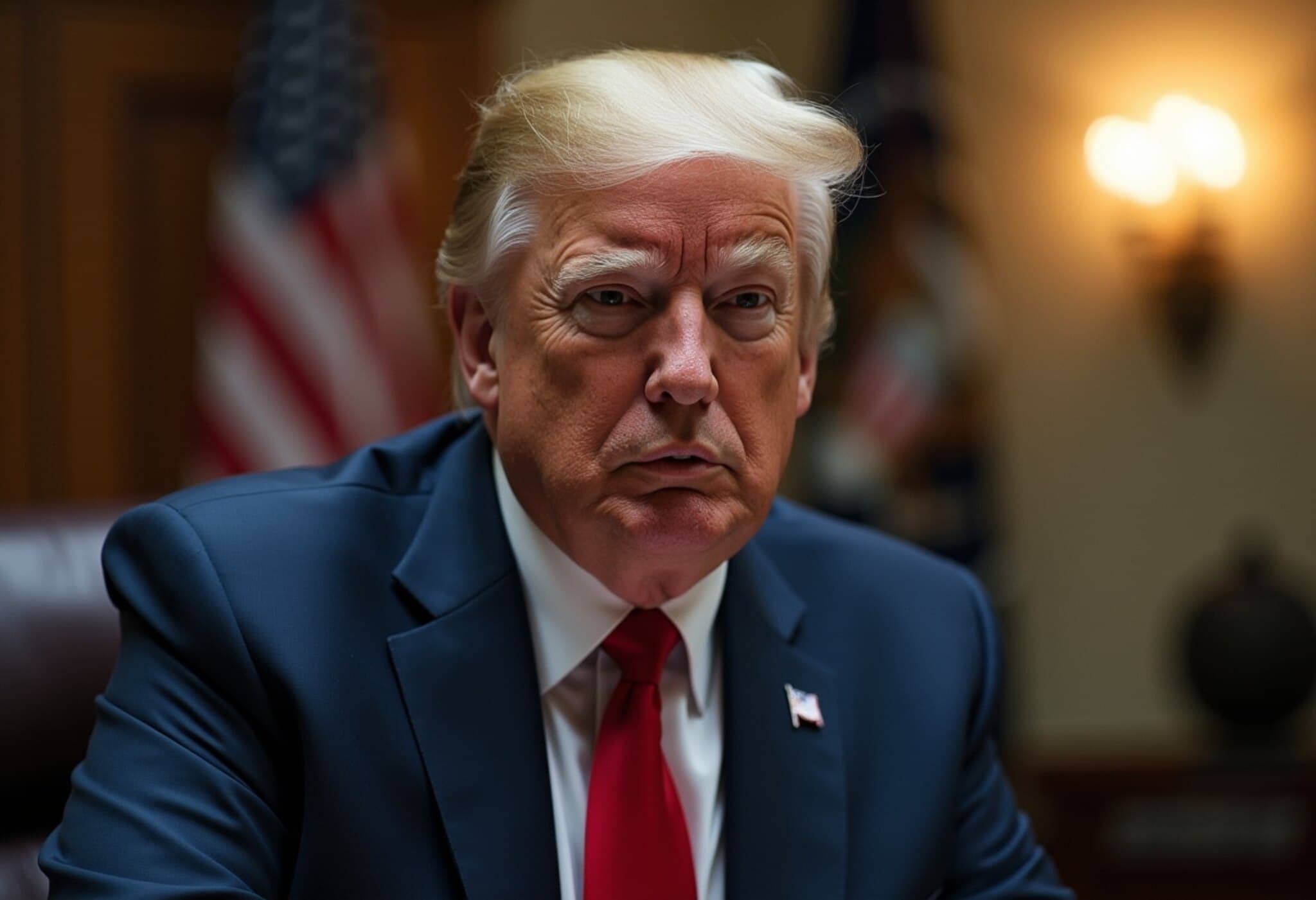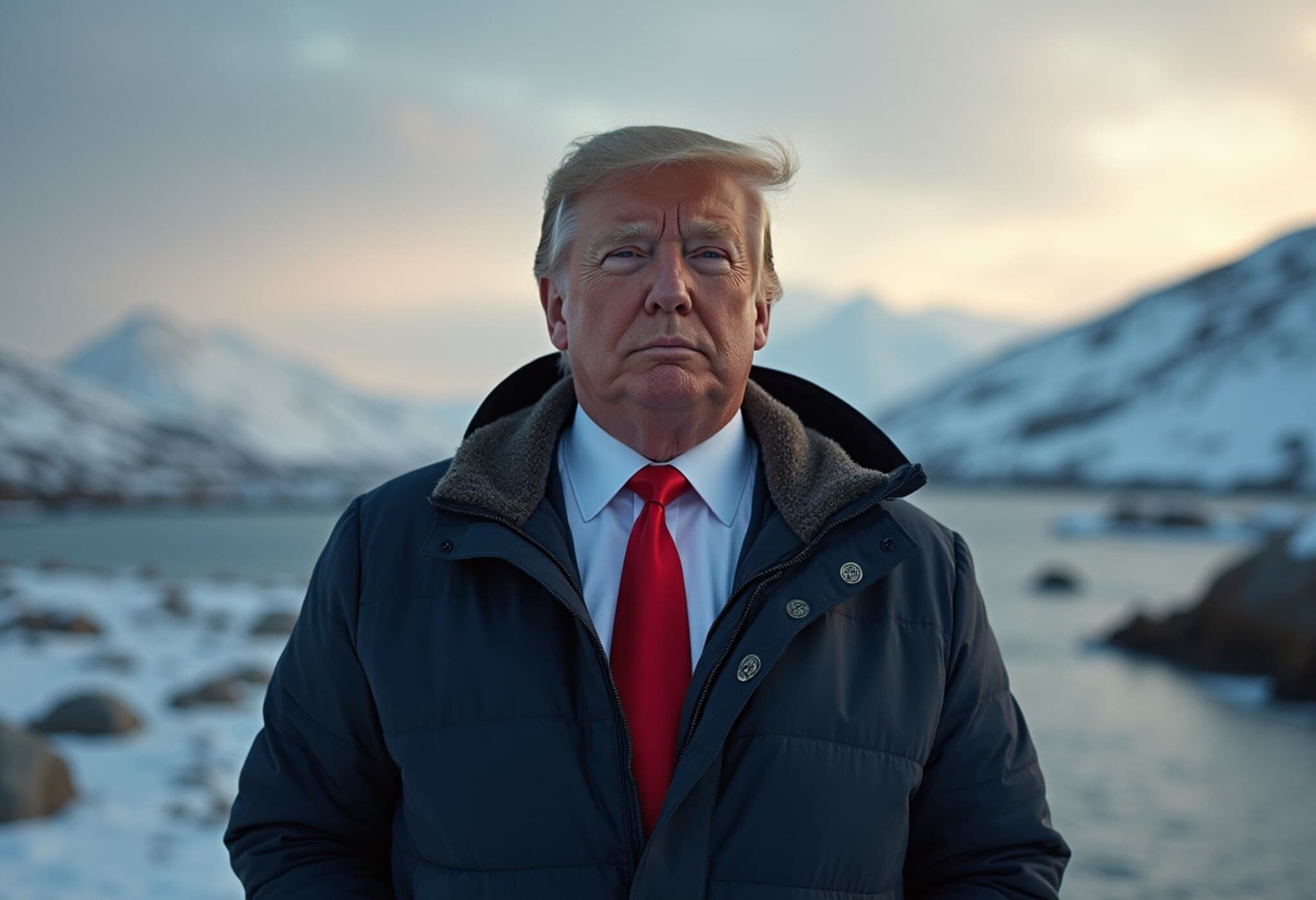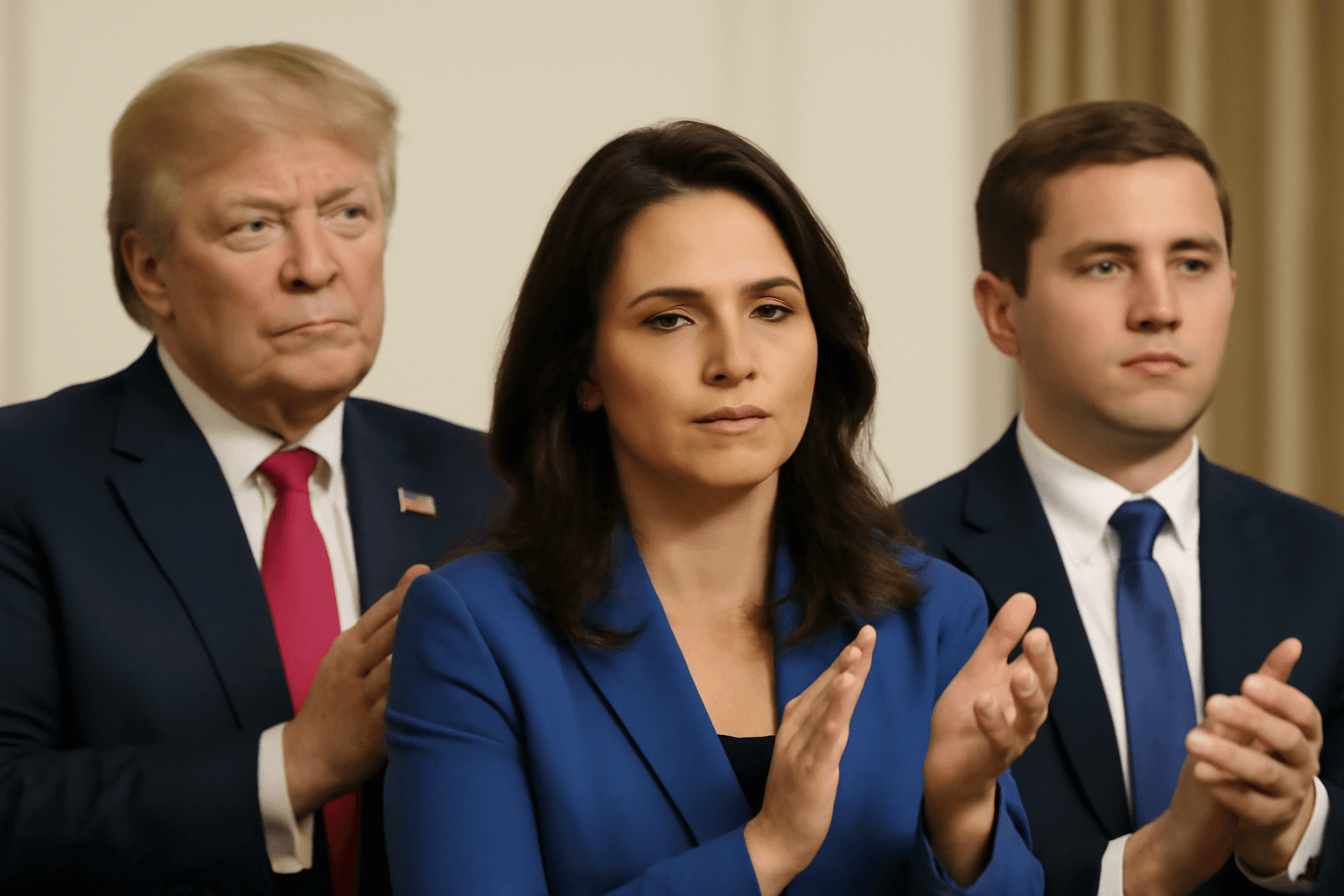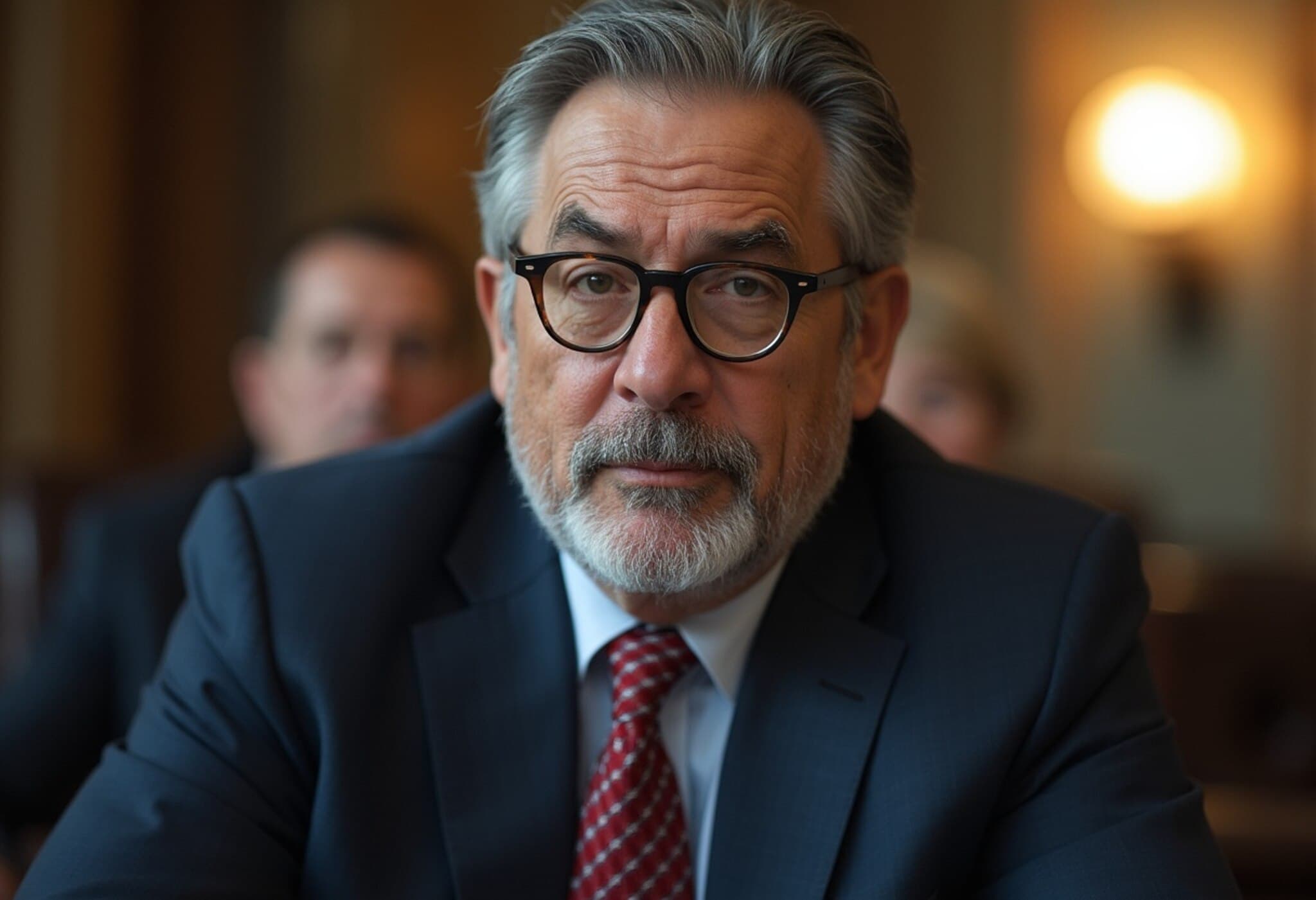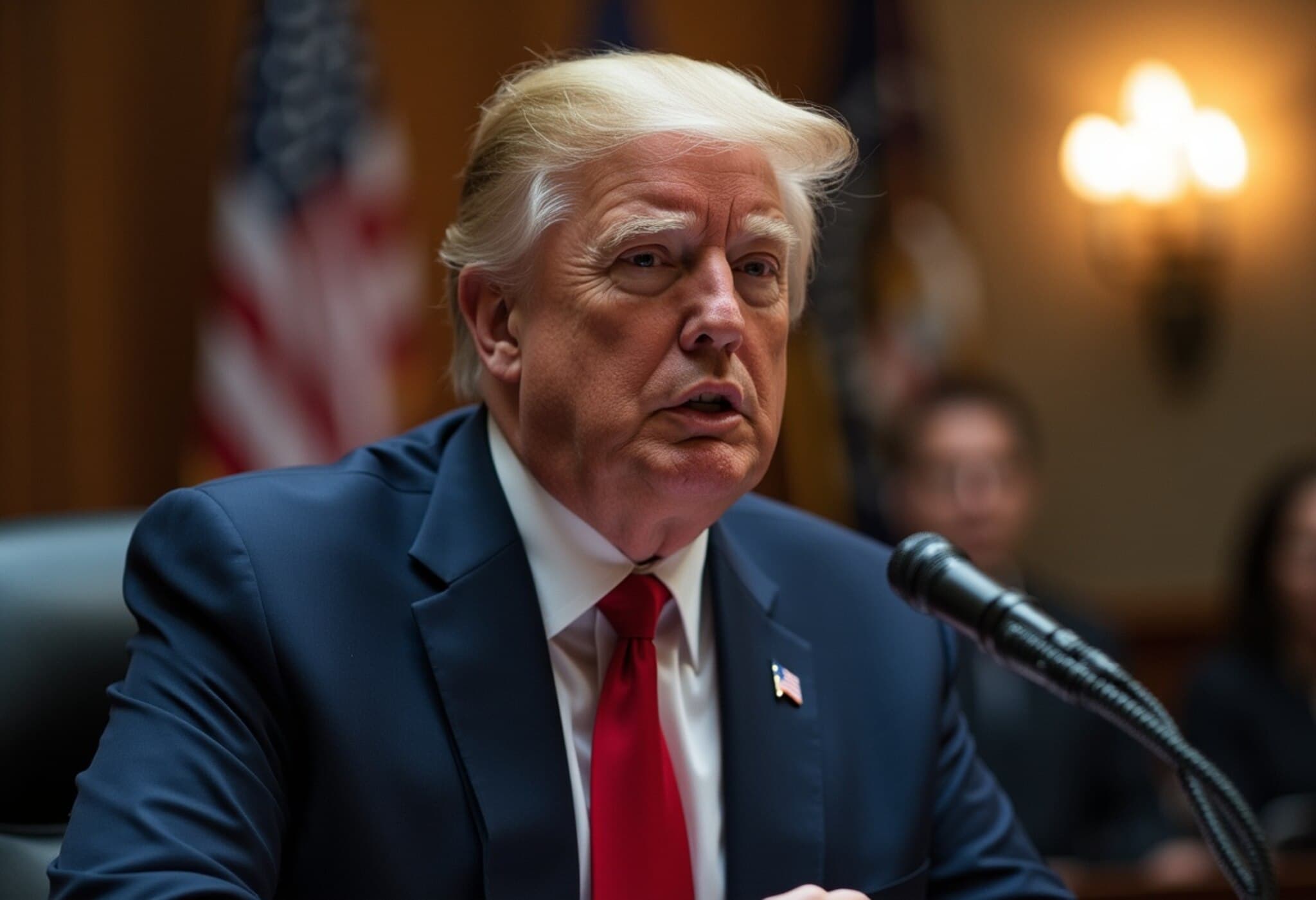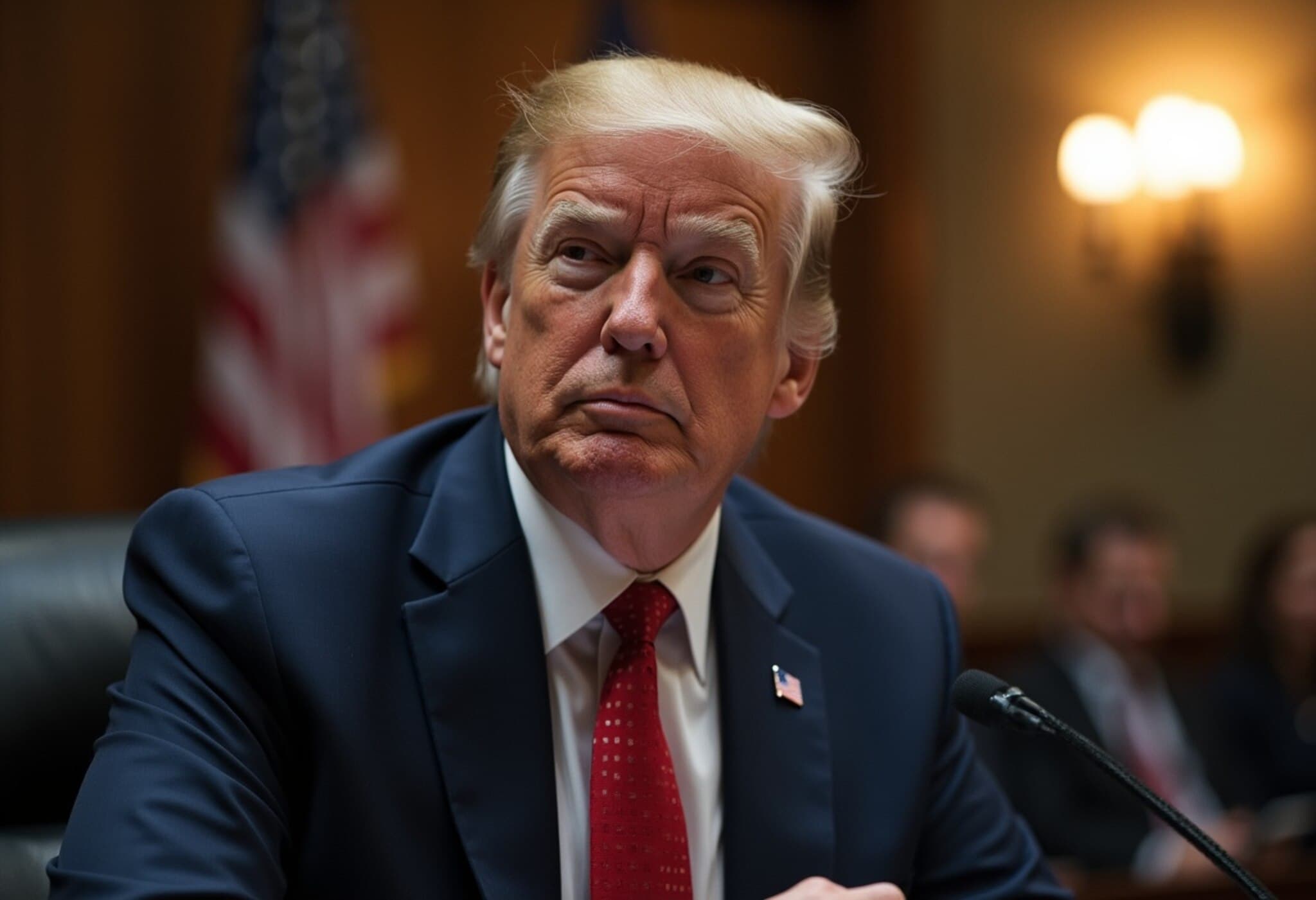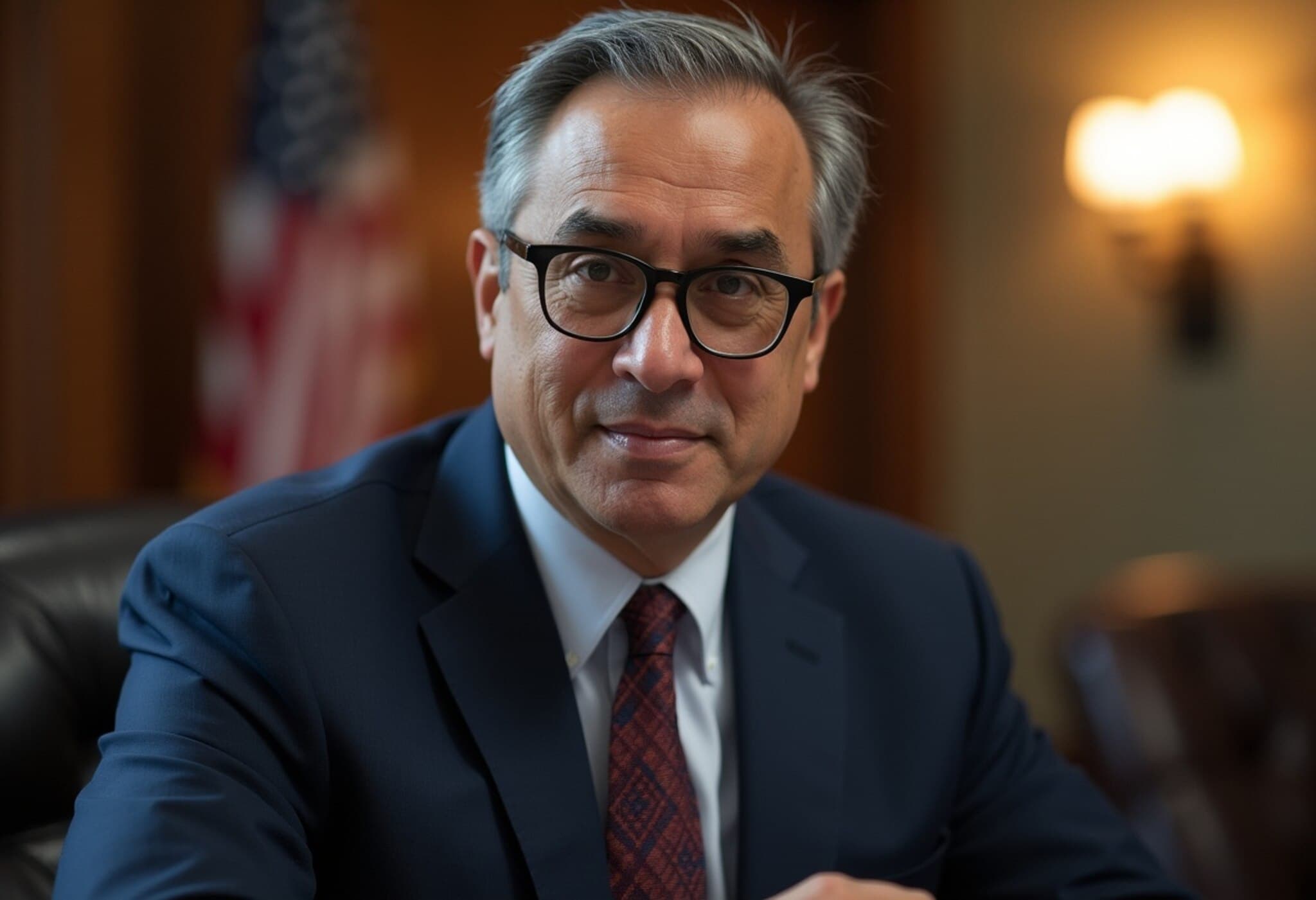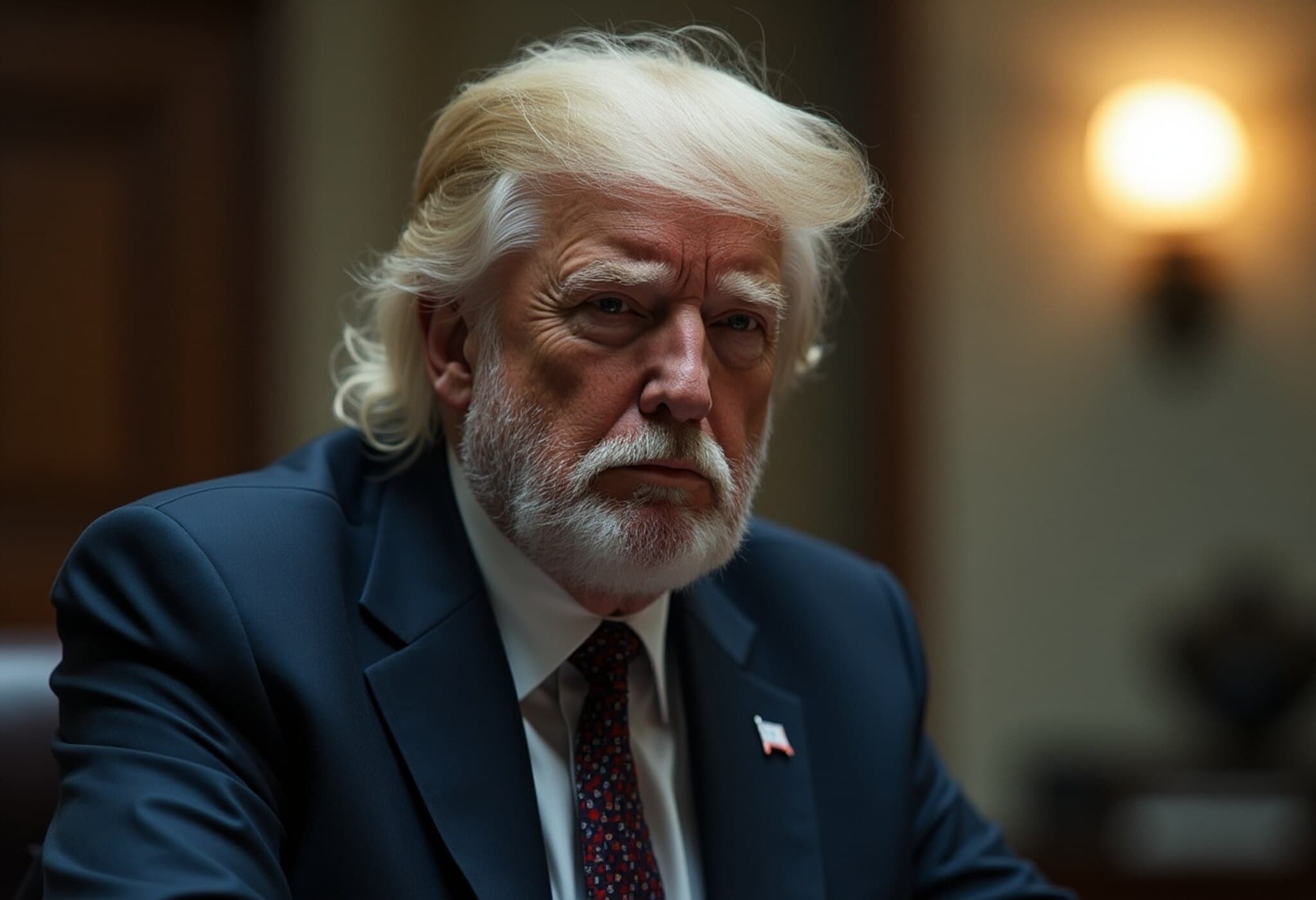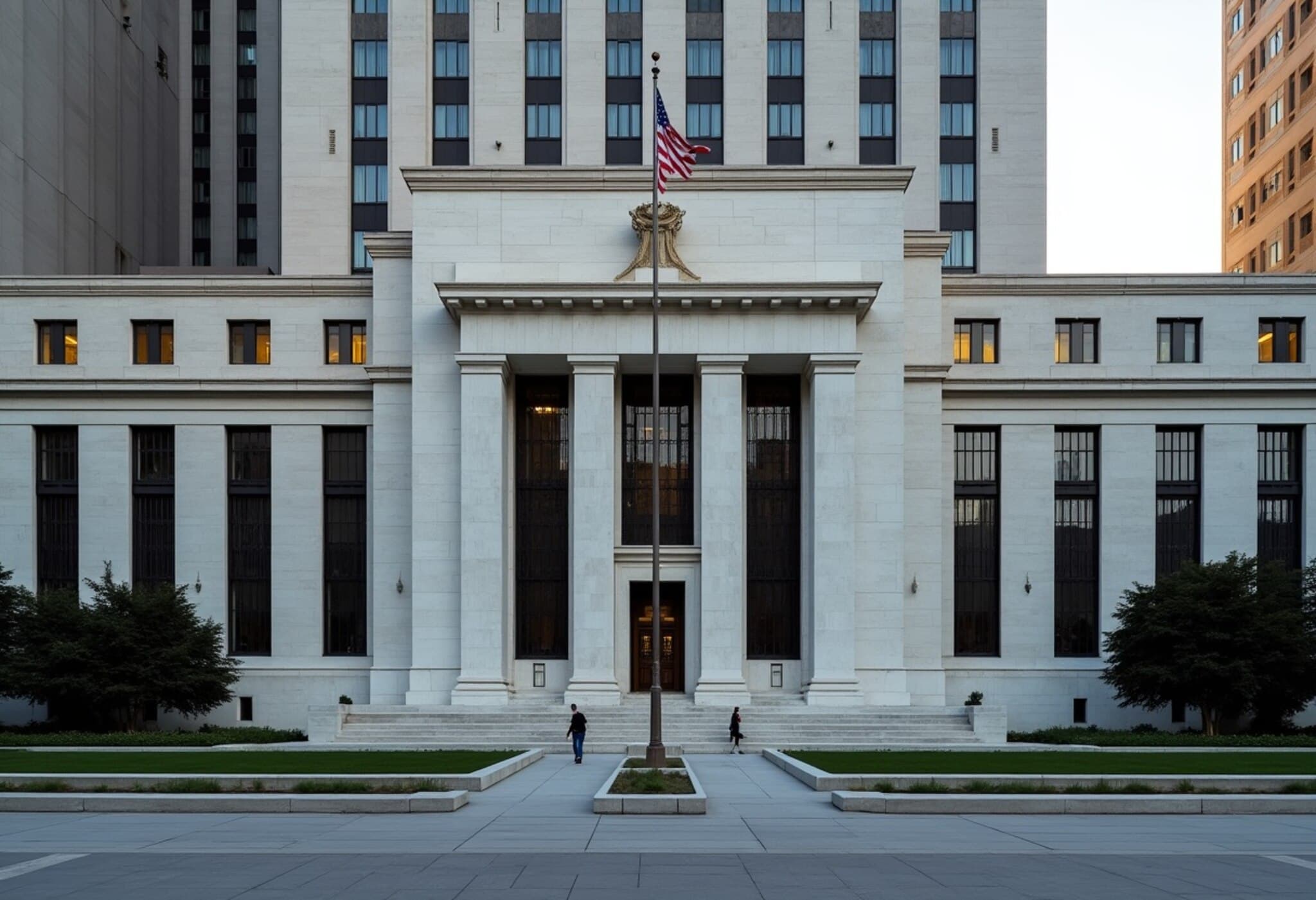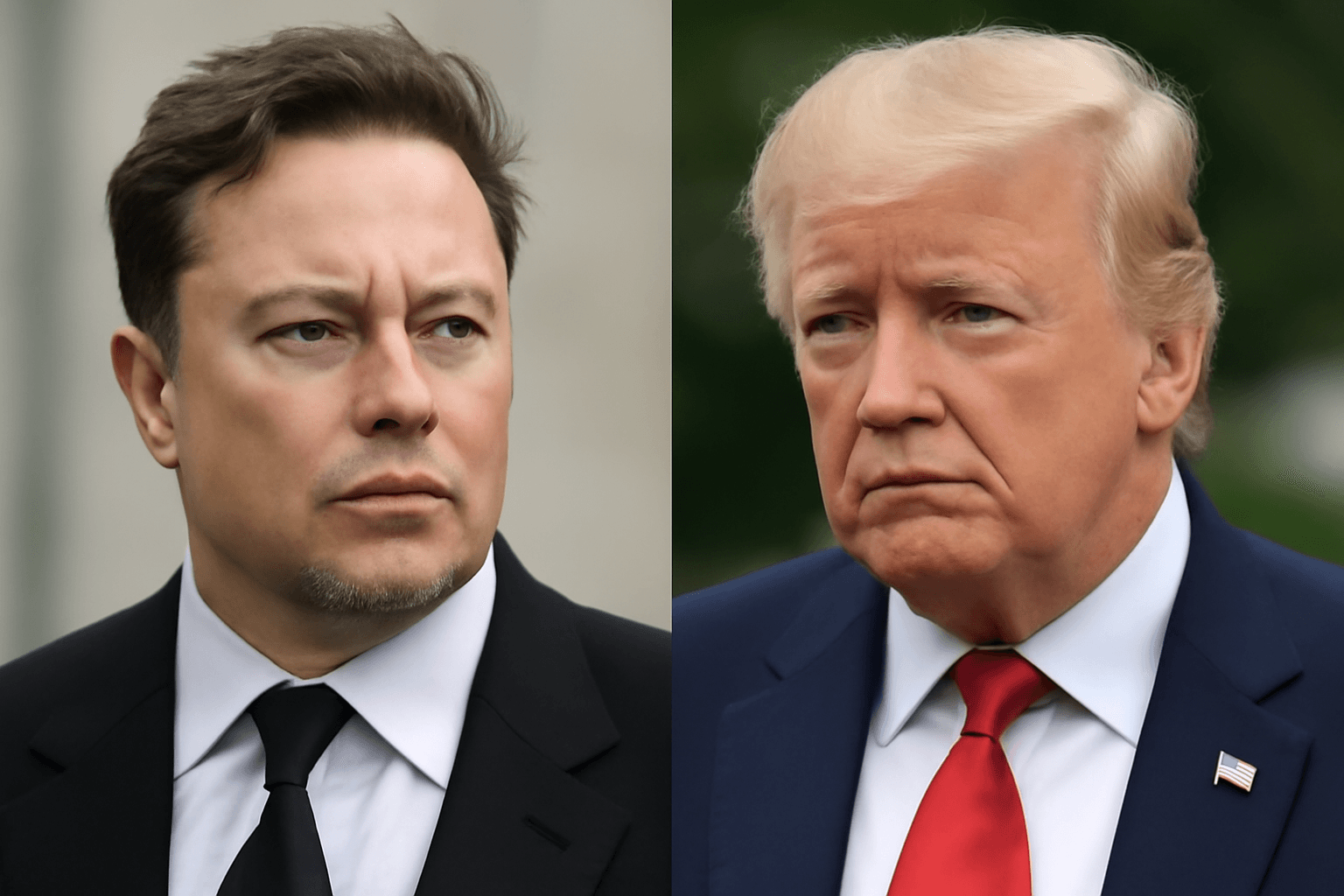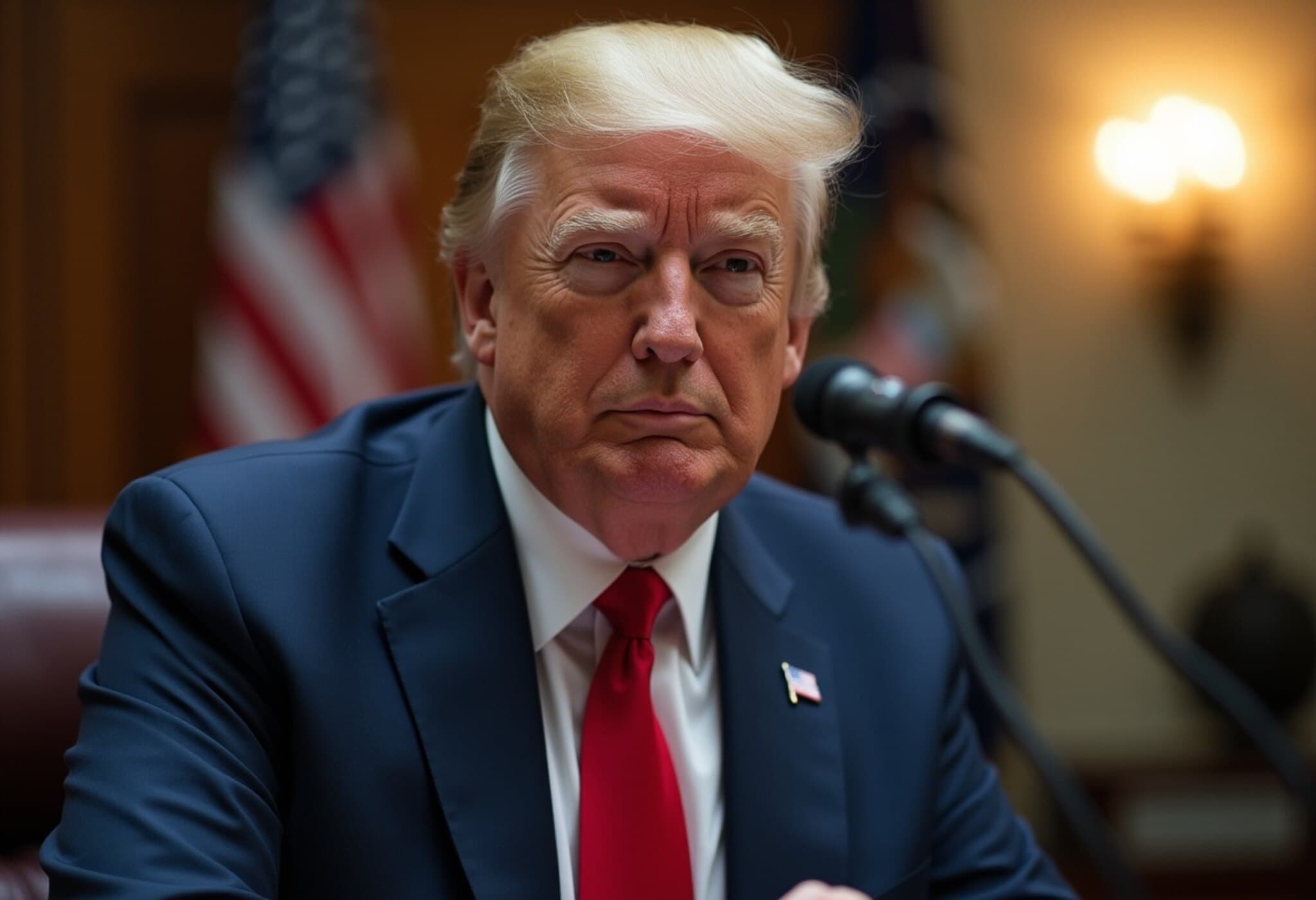Trump Administration Dismisses Epstein Conspiracy Theories
In a significant and somewhat unexpected move, the Trump administration has formally repudiated the conspiracy theories swirling around Jeffrey Epstein, the convicted sex offender whose death in a federal jail has long fueled widespread speculation and unproven claims. An official investigation spearheaded by the FBI and the U.S. Department of Justice has concluded there is no evidence of a so-called “client list” implicating prominent individuals or suggesting foul play in Epstein’s death.
Background: The Epstein Case and Its Lingering Mysteries
Jeffrey Epstein, a financier with ties to elites across politics, business, and entertainment, was found dead in his jail cell on August 10, 2019. His death was ruled a suicide, but lingering doubts and high-profile conspiracy theories have persisted, particularly from far-right groups and some Trump-era officials. Theories include claims that Epstein was murdered to silence powerful accomplices and that he maintained a secret ledger of influential individuals involved in his crimes.
Investigation Findings: No Evidence of Conspiracy or Cover-Up
The newly revealed memo, as reported by Axios, draws upon a thorough review of surveillance footage from Epstein’s jail cell on the night of his death. Notably, the footage reveals that no one entered his cell during the critical hours before he was discovered, lending substantial credence to the official finding of suicide.
- No evidence exists to corroborate the existence of a “client list” documenting influential figures linked to Epstein’s illegal activities.
- Surveillance confirms no unauthorized access to Epstein’s jail cell, thereby undermining murder theories.
- The investigation concluded that no new charges will be filed regarding Epstein-related offenses beyond those already prosecuted.
The Trump Administration’s Position: From Conspiracy Endorsers to Fact-Based Stance
Interestingly, two high-ranking Trump loyalists once vocal in promoting Epstein conspiracy theories – FBI Director Kash Patel and Deputy Director Dan Bongino – have shifted their stance following the investigation’s outcome, now accepting the death was a suicide. Their earlier statements lent credibility to fringe theories that Epstein’s death involved a deliberate cover-up to shield powerful individuals.
This official repudiation marks the first time the Trump administration has publicly countered the widespread conspiracy narratives that thrived in right-wing circles. The findings come amid ongoing demands from far-right factions for increased transparency and release of additional documents related to Epstein, demands that the memo deems unwarranted.
Why This Matters: Addressing Public Distrust and the Politics of Narrative
The Epstein case remains one of the most emotionally charged and controversial criminal sagas in recent American history. The impulse to uncover hidden conspiracies often stems from a deep mistrust of institutions, especially when high-profile individuals seem shielded from accountability.
By unequivocally dismissing conspiracies, the Trump administration’s memo aims to restore some faith in official investigations. However, it also highlights the challenge governments face in a digital age where unverified theories can spread rapidly, affecting public perception and political discourse.
Looking Ahead: The Ongoing Search for Justice and Transparency
Despite this clear-cut message, questions linger about the broader networks connected to Epstein and whether all perpetrators have been brought to justice. Victims' advocates argue for continued vigilance and expanded investigations into Epstein’s associates.
Moreover, this episode underscores a need for balanced journalism and critical media literacy to distinguish facts from sensationalism in high-profile cases intertwined with power and influence.
Editor’s Note
The Trump administration’s official rejection of Epstein conspiracy theories signifies a rare instance when political allegiances give way to fact-based conclusions in a highly divisive case. While this may help dispel some myths, the Epstein saga continues to raise profound questions about accountability, privilege, and the ways public narratives shape justice. As readers, staying vigilant against misinformation and demanding transparency from authorities remain crucial steps towards meaningful closure.

